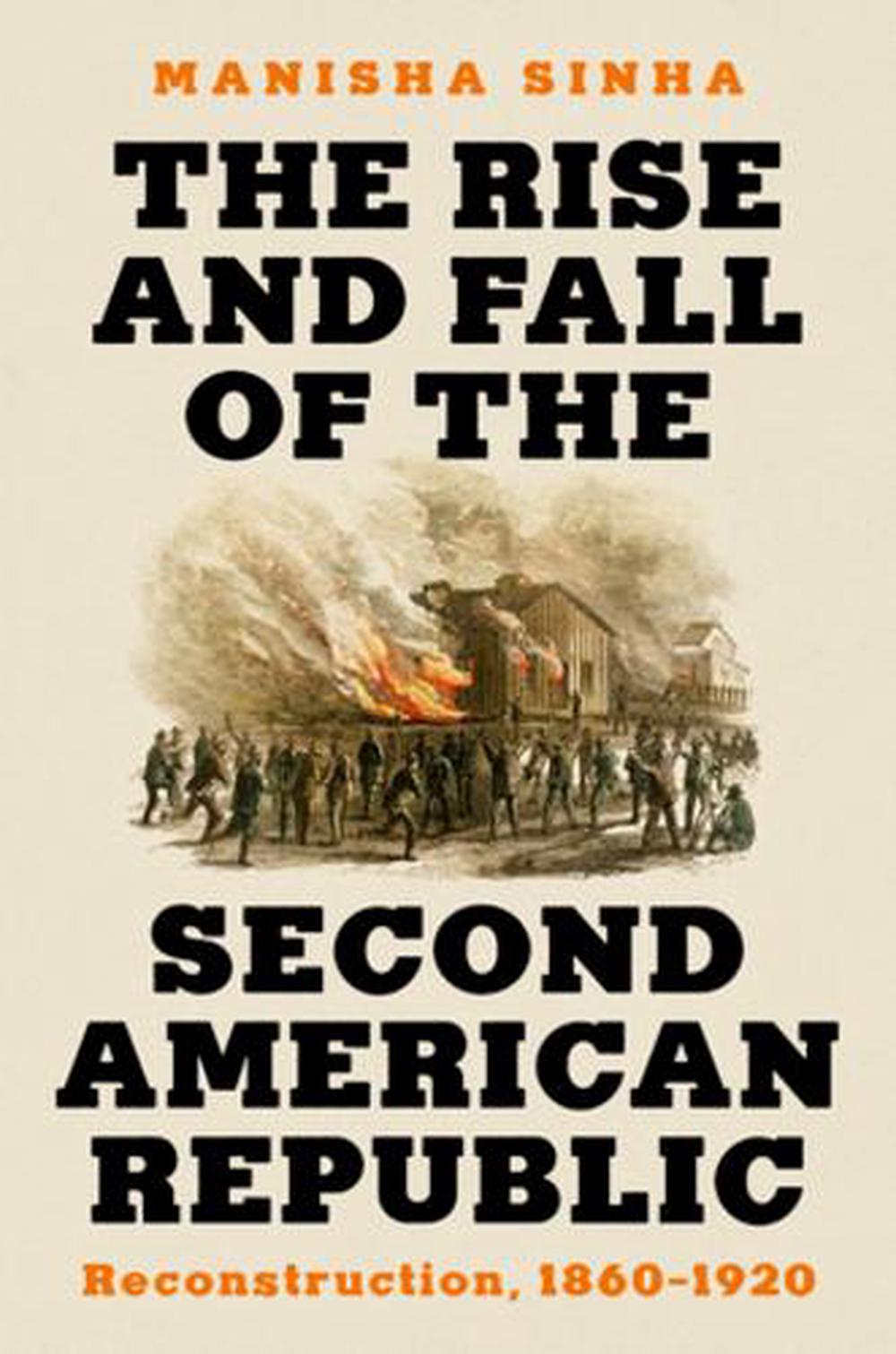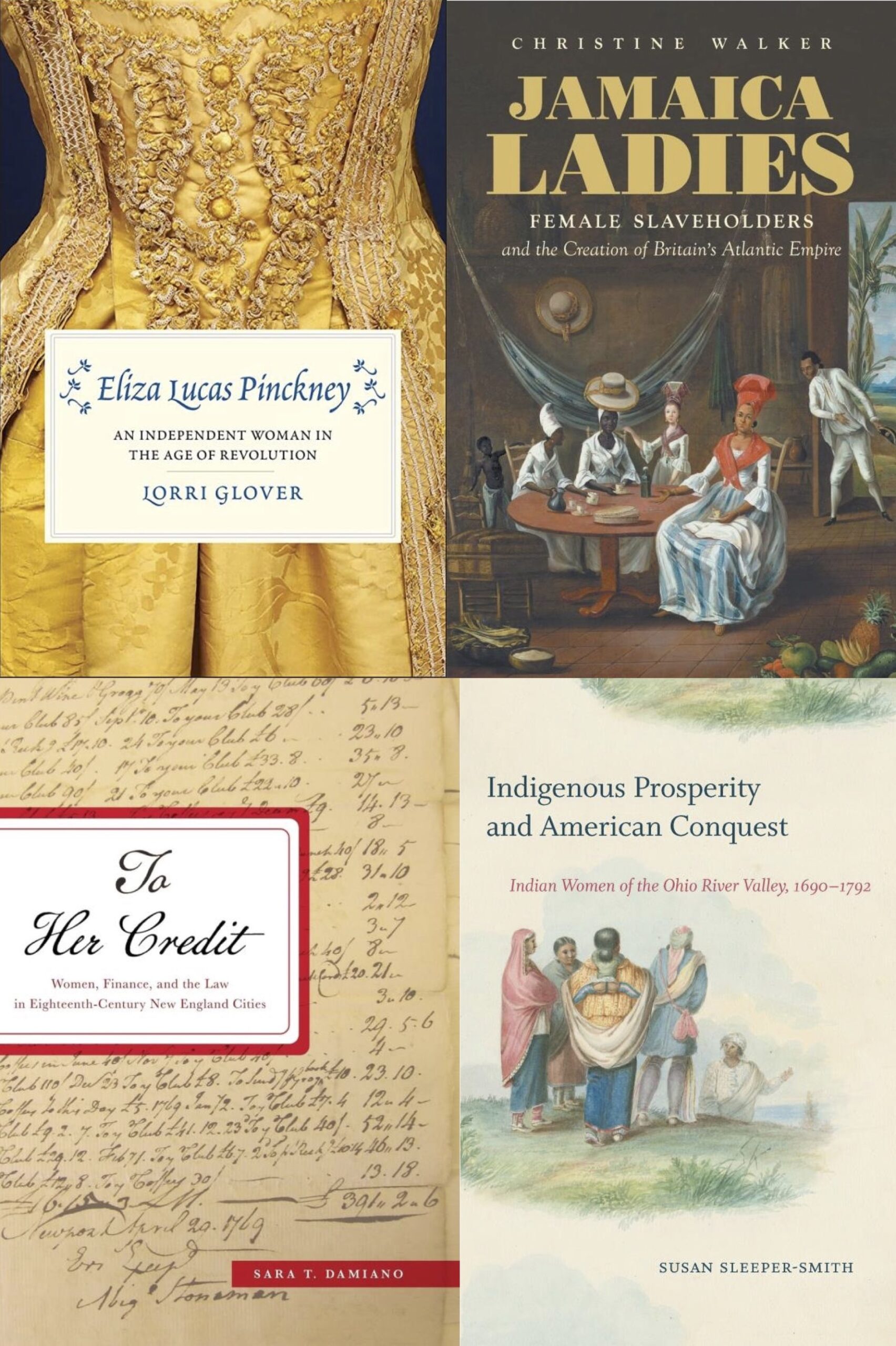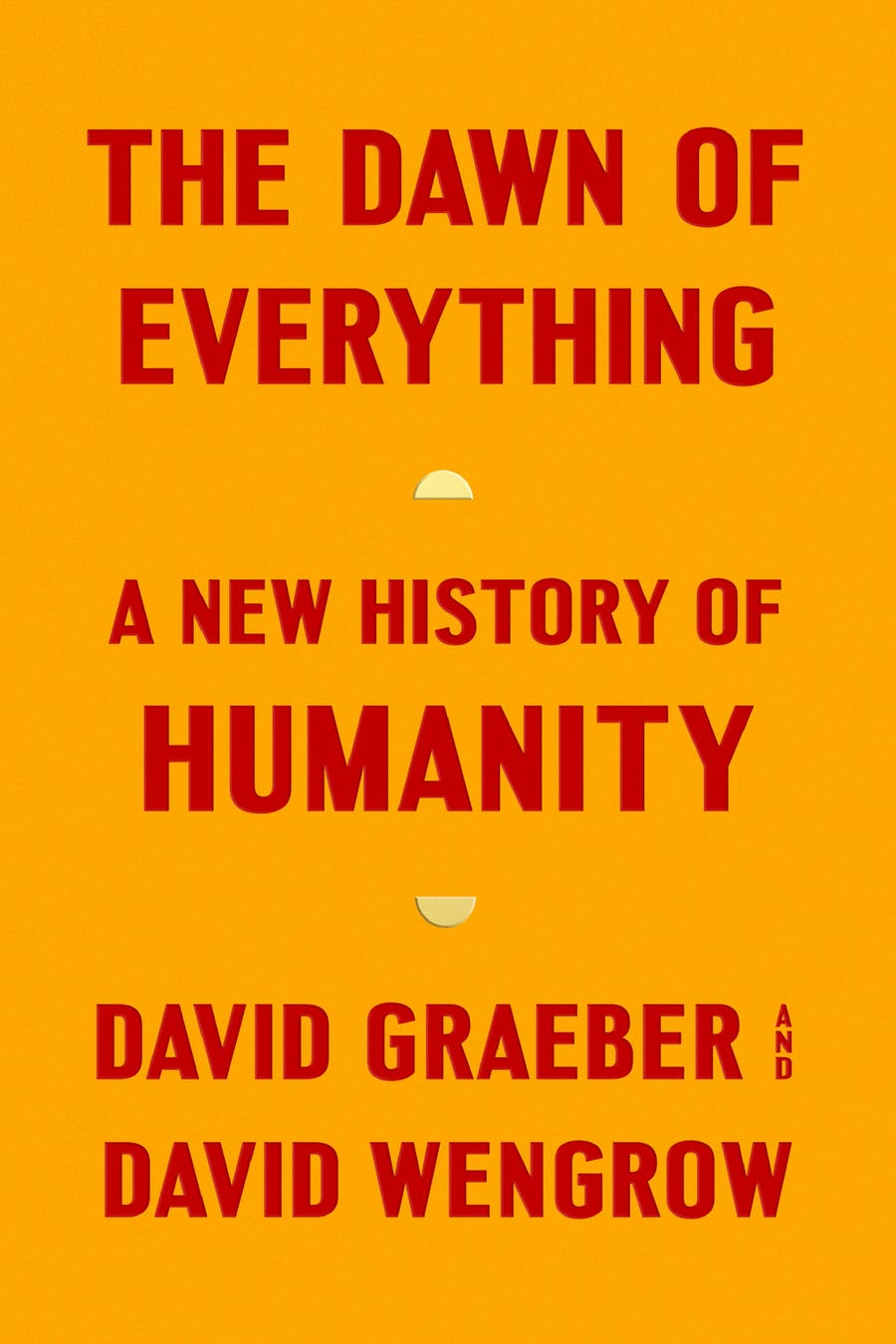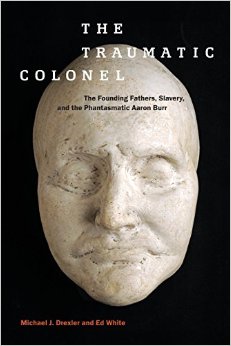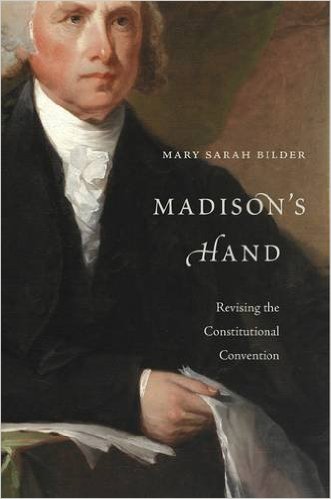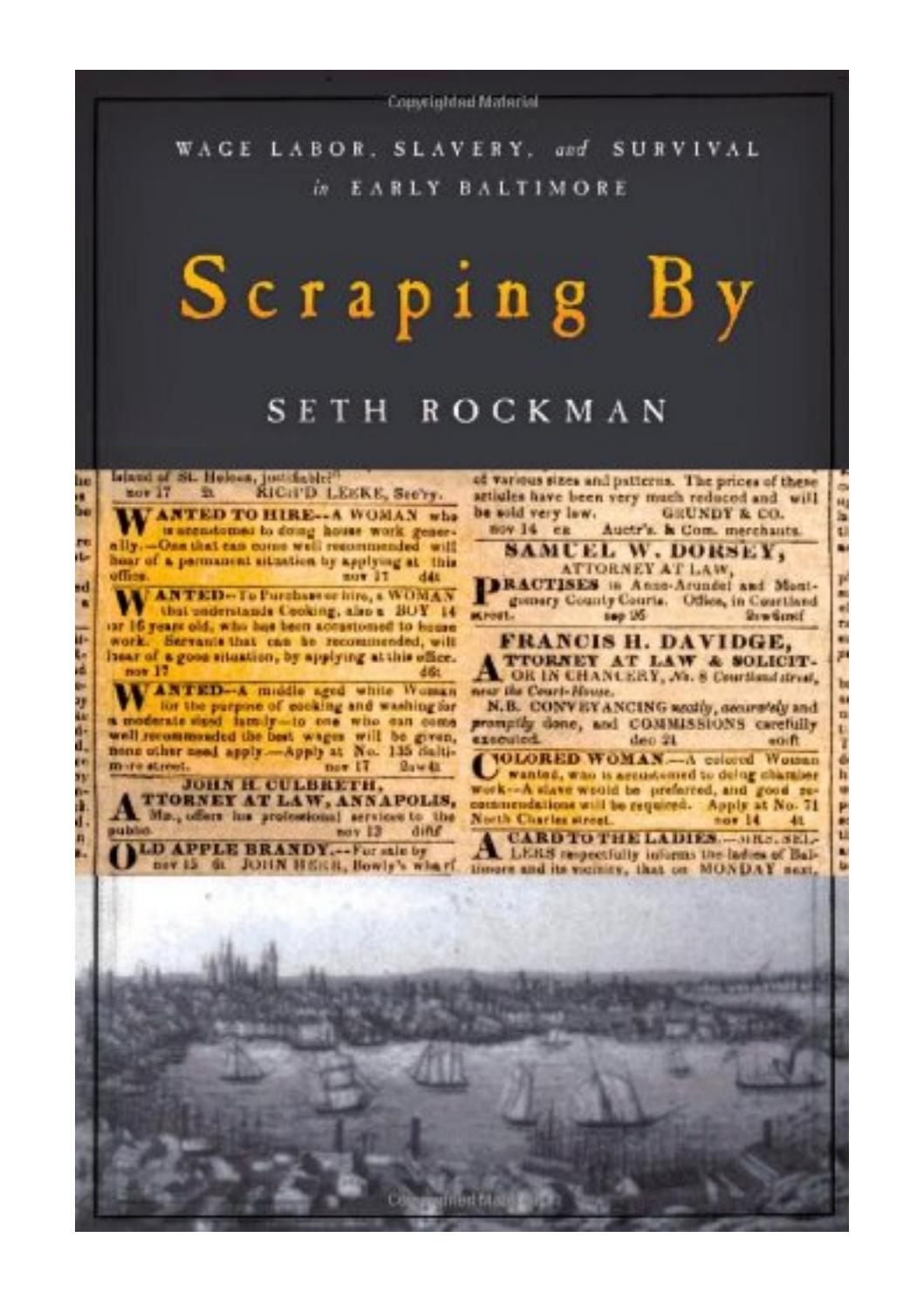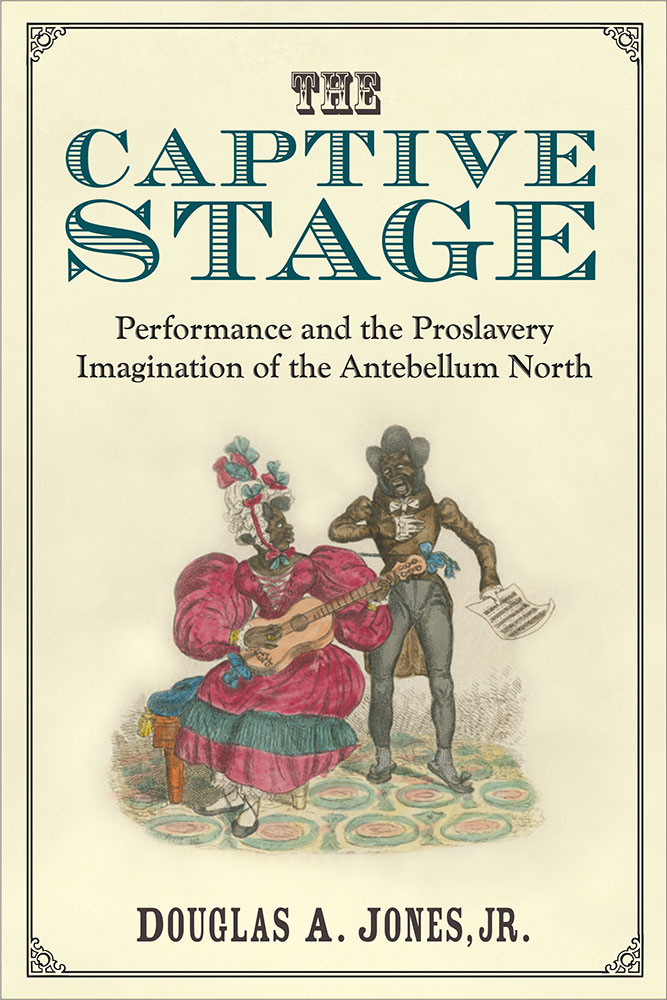
In 1788, the poet, Congregationalist minister, and educator Timothy Dwight instigated a war of words against the Universalist minister Charles Chauncy. In this book, Colin Wells examines this campaign by placing Dwight’s writings—particularly his satiric poem The Triumph of Infidelity—in their theological and political contexts. Wells undertakes a literary recovery by excavating meanings probably lost on today’s readers and making Triumph of Infidelity available in a modernized, annotated edition in an appendix.
But Wells has also assembled an important argument: the controversy, he claims, was far more complicated than may seem at first glance, and the object of Dwight’s attacks was not only Chauncy’s doctrine of universal salvation but also a number of other “infidelities,” including Enlightenment progressivism, Jeffersonian democracy, and deism. In this way, Wells argues, Dwight’s work must be read in relation to debates over popular rebellion, the Constitution, interstate conflicts, and eventually the French Revolution and Jefferson’s election in 1800.
Some readers might be surprised that Dwight spent such an inordinate amount of literary and intellectual energy intervening in a local doctrinal dispute, but Wells emphasizes that much more was actually at stake. Under siege, in Dwight’s eyes, was an orthodox view of human morality, the dismantling of which could pose a serious threat to the social and political systems of the new nation. Dwight understood Universalism, as well as other progressivist religious and political movements, to be based on the ideas of Pelagius, the fifth-century divine who denied Augustine’s doctrine of original sin and deemed humans essentially innocent and perfectible through will. According to Wells, the clash between Calvinist orthodoxy and the new doctrines of Chauncy and others was a continuation of the conflict between Pelagius and Augustine. The common denominator of all that Dwight condemned as infidelity was what he termed Pelagian pride—the worship of human will in the place of God. In Dwight’s estimation, Pelagian ideas offered an easy morality for the weak.
Intellects on both sides of this Pelagian-Augustinian divide often positioned themselves as defenders of orthodoxy. Chauncy hoped Universalism could return covenant theology to a more proper course and appeal to those who had rejected all of Christianity as irrational and superstitious. He argued for a benevolent God and defended Universalism on moral grounds; however, in an attempt to distinguish his Universalism from that of discredited itinerant ministers like John Murray, he did not discard the notion of original sin and punishment. Rather, he saw hell as a temporary state that would bring about the sinner’s reform under the auspices of a benevolent deity. (One of Chauncy’s Universalist successors, Hosea Ballou, would later argue that the only punishment humans experience for sin is guilt; another, William Pitt Smith, would argue that human redemption might occur within one’s lifetime, rather than at the end of history or one’s own life.)
Dwight, on the other hand, believed Chauncy and other Universalists had reduced God to a doting parent bound by willful children. Chauncy charged that Calvinism was irrational and superstitious, but Dwight claimed instead that epistemological confidence and human-centered theology were the primary superstitions of the modern age. Dwight welcomed the scientific, material, and political progress of his age, but he denied that they could be invested with divine significance or understood as anything other than the fleeting moments of human history.
Wells makes his most intriguing claims when explaining the role that Augustan satiric tradition played in Dwight’s theological attack. While Dwight’s writings were undoubtedly shaped by Calvinist defenses of original sin (including that of his grandfather, Jonathan Edwards), he was also influenced by Alexander Pope’s mockery of the third earl of Shaftesbury in The Dunciad and Edward Young’s attack on latitudinarian and Universalist theology in England. With these models in mind, Dwight and other poets of an American-Augustan tradition would have understood satire as a vehicle fit to mediate a “grand struggle of historical forces” (24), and they would have looked to satire as an intervention that could defend tradition against the onslaught of modern values.
Dwight was particularly drawn to Augustan satire’s commitment to exposing as fallacy the reliance on human reason. While Augustan satires were primarily concerned with defending the civic virtues enshrined by classical republican ideology, rather than the doctrines of Calvinist orthodoxy, both belief systems were based on an Augustinian understanding of human nature as tending toward corruption. Thus, Dwight’s allusions to the satires of Pope, Jonathan Swift, and John Dryden place Triumph of Infidelity and other works squarely in a satiric tradition that looked skeptically on the celebration of human progress (and feared as well that satire’s own potency would diminish with time).
Although Dwight believed the function of satire was to expose illusory self-satisfactions, Wells shows that the process of exposure was complicated. At the heart of Dwight’s orthodoxy was a belief in the nunc stans—an eternal present, decidedly beyond human consciousness, from which the divine could view humanity. By locating human redemption within secular human history, the Universalists, in Dwight’s opinion, had blasphemously denied the divine nunc stans perspective; and, yet, Dwight himself suggests that a partial nunc stans perspective could be available to humans through the self-examination of satire itself.
For Dwight, then, satire seems to have raised the same dilemma that Calvinist doctrine posed: namely, that self-scrutiny was essential to redemption even if epistemological confidence was ultimately an illusion. While the connections between Dwight’s vision of redemption and the logic of Augustan satire are not explicit, Wells writes, they are implicit in the genre form. Augustan satire shared Dwight’s Augustinian emphasis on self-examination and moral struggle; therefore, it accommodated his paradoxical explanation of redemption by which humans are redeemed “as a result of their own inward struggle against the very tendency of the will that causes them to believe they are deserving of regeneration” (89).
In the concluding pages of his study, Wells argues briefly that the legacy of Dwight’s skepticism is evident in works of antebellum American literature, including the abolitionist rhetoric of William Lloyd Garrison, the protest writings of Henry David Thoreau, and satiric works of fiction such as Nathaniel Hawthorne’s “The Celestial Railroad.” The book’s primary objective, though, is to provide a detailed account of a literary and intellectual battle in the last decade of the eighteenth century. The story Wells tells is lucid, provocative, and thoroughly researched, and he offers a blend of intellectual history and literary criticism that will be accessible across the disciplines.
This article originally appeared in issue 3.3 (April, 2003).
Jennifer Baker is an assistant professor of English at Yale.






